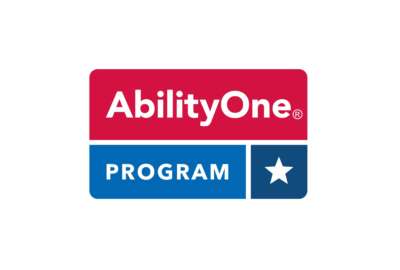Small companies to take on bigger contracts under SBA proposed rule
A new rule proposed by the Small Business Administration could help small companies team up to go after larger government contracts, says John Shoraka, associate...
wfedstaff | April 18, 2015 12:24 am
Jory Heckman
Federal News Radio
A new rule proposed by the Small Business Administration could help small companies team up to go after larger government contracts.
“Projects in the federal procurement arena have gotten larger, more complex, and it’s become more difficult for individual small businesses to pursue these types of projects,” John Shoraka, associate administrator of government contracting and business at SBA, said on the Federal Drive with Tom Temin Tuesday.
SBA issued the proposed rule on Dec. 29, nearly a year after Congress passed the fiscal 2013 Defense Authorization bill changing certain provisions in the Small Business Act. 
Small businesses that contract with the government have always been a major player, Shoraka said, but nearly always on smaller contracts.
“In the mind of a procurement officer, often times unfortunately it seems that the focus is always on the small-dollar contracts when in comes to small businesses,” Shoraka said. “But we know that small businesses play a major role, even at the $7 million, $10 million, $15 million or $20 million playing field.”
SBA proposed the rule after creating a small business teaming pilot authorized under the Small Business Act, which helped identify best practices and some of the hurdles for small contractors.
“You have to create an environment and mechanisms and tools and matchmaking to bring all the small businesses together to find opportunity to pursue,” Shoraka said, noting that several online systems were created during that pilot that are designed to help small businesses to find each other.
SBA’s proposed rule will also change how it’s determined that a prime contractor is doing 51 percent of the work.
“Historically, when we came to that calculation, there were different methods to in our different programs. In other words, we have a HUBZone program, or a women- owned small business program, or service-disabled veteran-owned small business program, and historically those have not been calculated in the same way and it was creating a lot of confusion, Shoraka said. “As we rolled this rule out to allow teaming, to allow joint ventures, we also wanted to make sure that we were consistent as well as easily understood and easily implementable.”
RELATED STORIES:
SBA proposes joint venture, subcontracting changes
Copyright © 2024 Federal News Network. All rights reserved. This website is not intended for users located within the European Economic Area.





